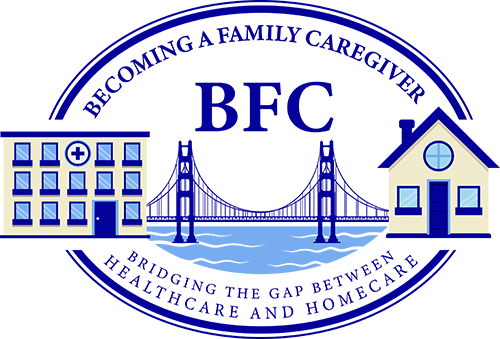Caregiver Emotions are Challenging
Have you seen sandcastles swept out to sea? Houses built on sand have no anchor in the ground to help them stand against waves. They can crumble without that foundation. Adapting to caregiving may feel the same way without possessing the background or skills needed to know what to do. Learning by trial-and-error works, but it’s a painful, difficult way to learn often resulting in challenging caregiver emotions .
Being unsure of themselves, many caregivers fear making a mistake and causing harm; therefore, they prefer a cautious approach to performing medical tasks or making decisions. Often they spin their wheels in frustration, repeating tasks, wasting expensive supplies, and “holding” in limbo trying to figure out a caregiving problem. The loss in time and money, not to mention the pressure they feel to hurry up because they have so much to do, pushes many toward depression and burnout.
According to a survey conducted by AARP (American Association of Retired People), caregivers say that knowledge, resources, and access to information would help prevent many of these emotions and their lives easier. Knowledge and support provides power and confidence.
With a sturdy foundation, caregivers gain personal strength and self-confidence to survive life’s storms. Without that preparation, they become overwhelmed and feel unprepared when an emergency arises. Their unsteady tower of strength comes crashing down around them, washing their confidence out to sea like waves pulling sand out from under their feet.
(caregiving.org/Caregivers in the US 2020)
